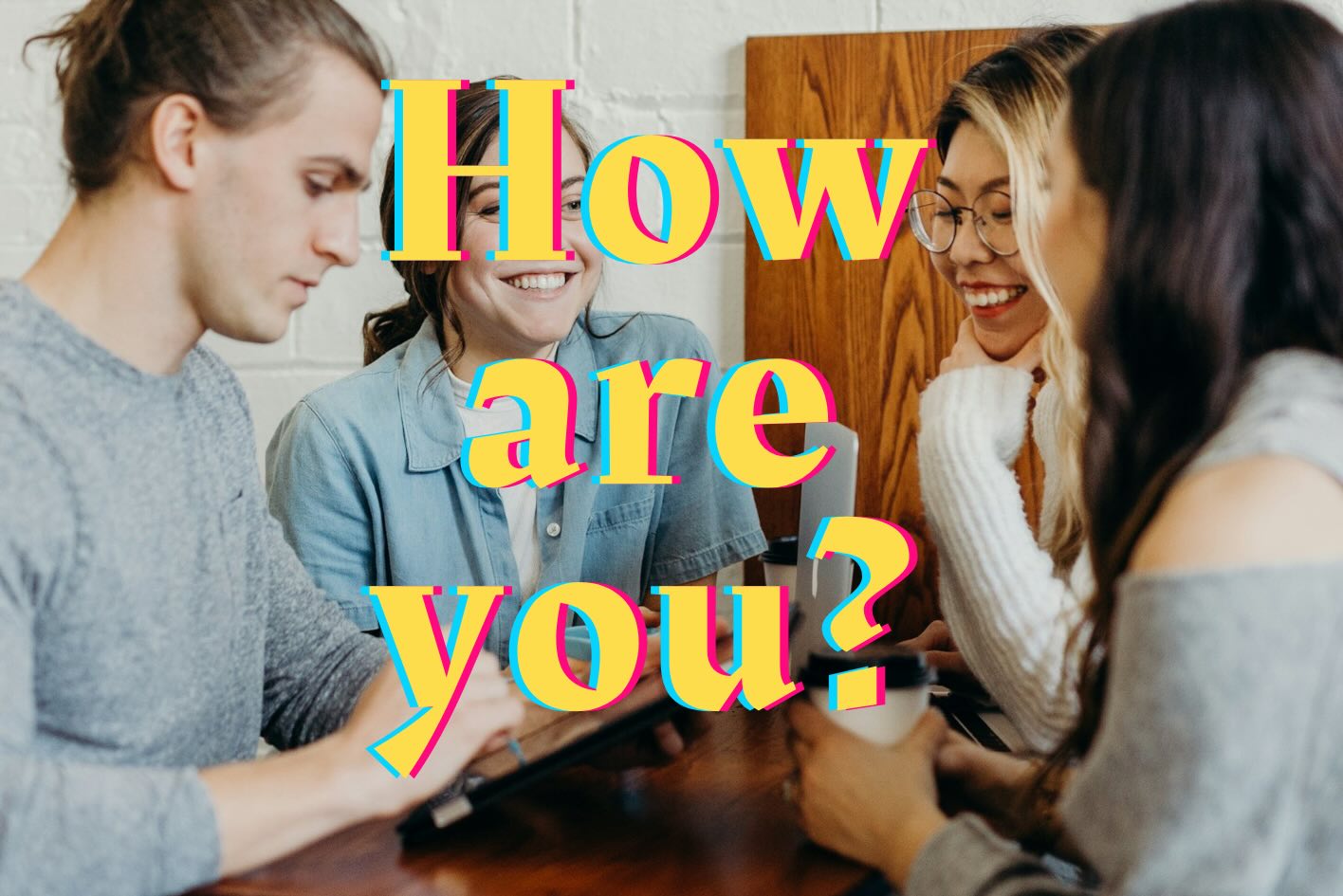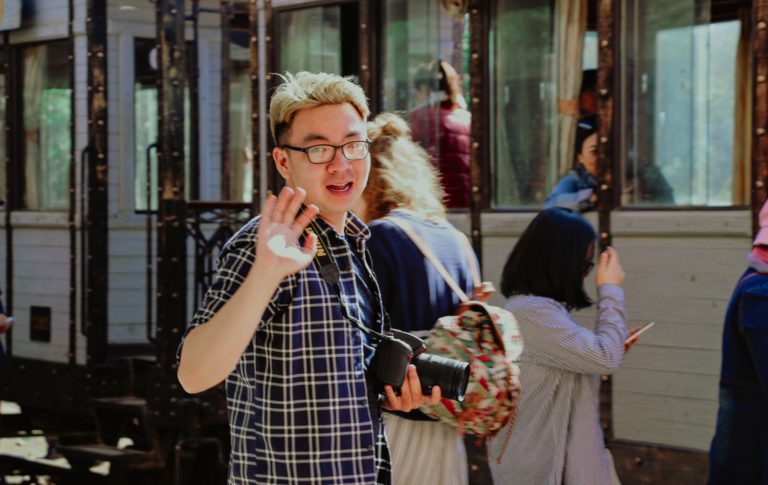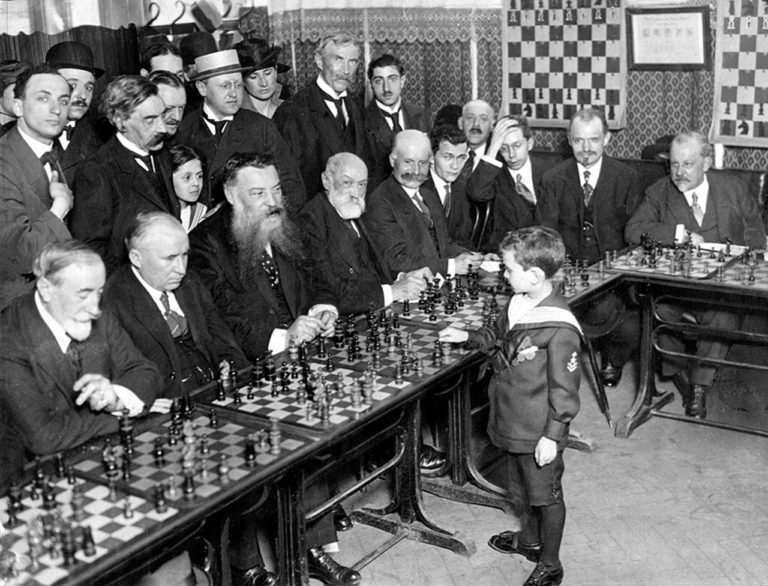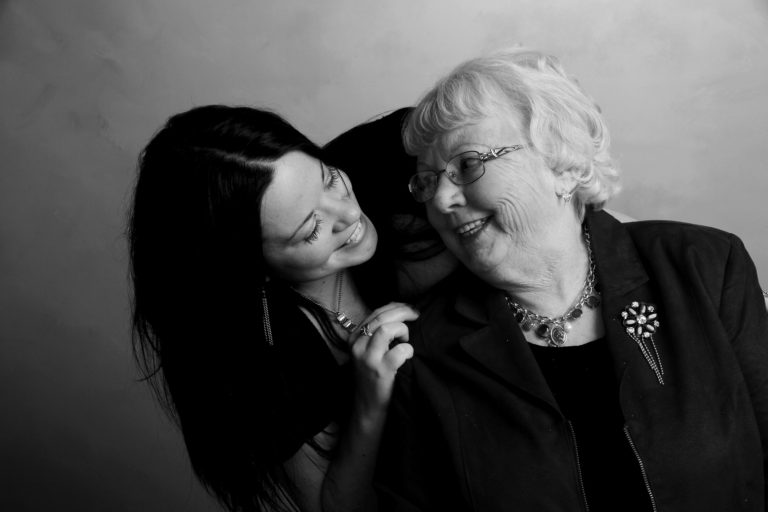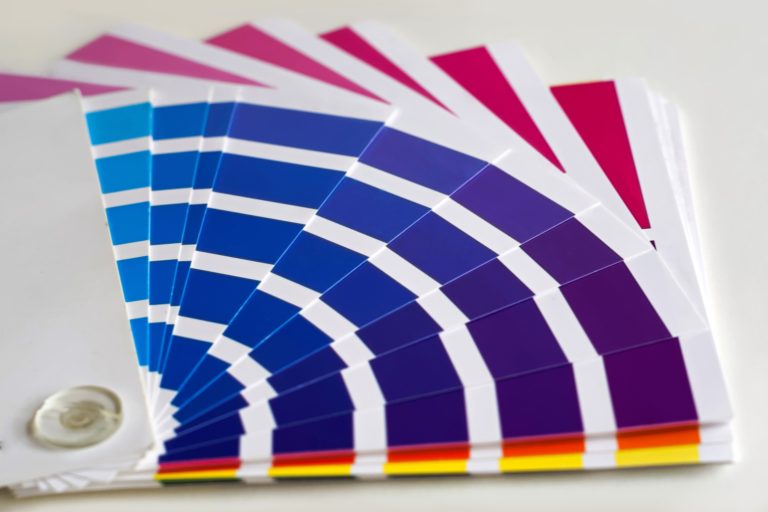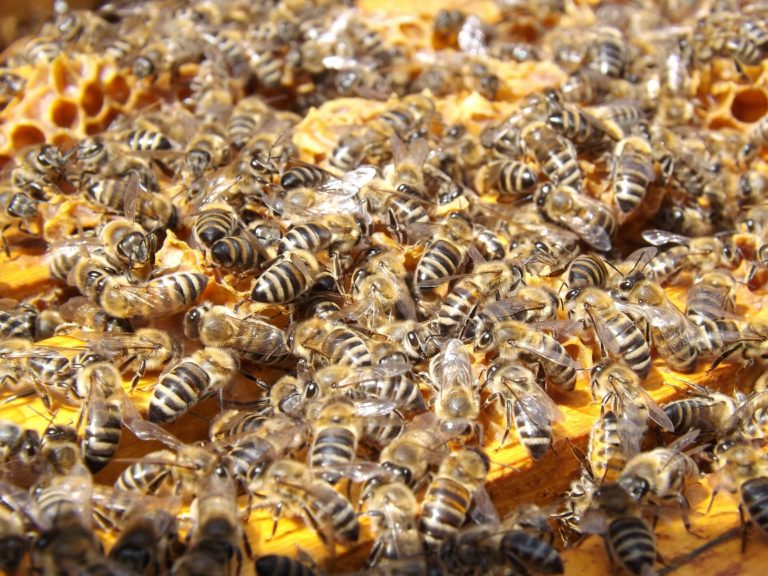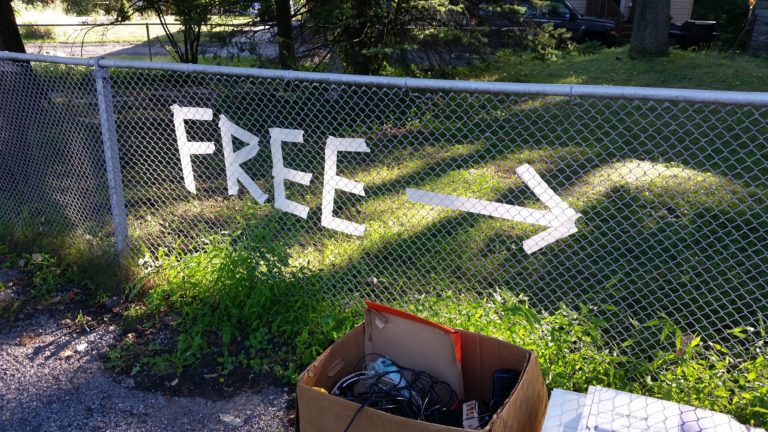Alternative and Creative Responses to “How are you?”
“How are you?” is one of the first phrases we ever learn in English. It is the start of every conversation. However, many of us, both beginner and advanced English learners, fall into the common trap of only ever answering “good.” In reality, our moods and emotions are so much more complex and challenging to summarize in just one word. In this article, we will take a look at some alternative and imaginative ways to respond to this age-old question. We will cover both positive and negative options you can use depending on the type of day you are having, as well as some neutral options. The phrases we will be looking at are more on the casual side; however, are still appropriate with seniors and coworkers as long as a closer relationship has already been established. Let’s begin!
See also: Vocabulary and Expressions for Eating at a Restaurant in the US
Positive responses
- Alternative adjectives
If you are having a truly good day, why stop at describing it as good? Why not great, fantastic, amazing, wonderful? We have an abundance of adjectives in English that convey the sense of being very good. Any one of these adjectives can replace the word “good” when someone asks how you are doing. Of course, bear in mind that these adjectives are much stronger than “good,” so use them wisely according to the situation.
Jim: “How’s it going recently?”
Robert: “Oh, wonderful! I just got a big bonus at work.”
- Couldn’t be better / Never been better
These two similar phrases are a wonderful addition to your list of responses. They imply that everything has been going extremely well for you recently, to the point that it is not even possible to get any better. When using this answer, you are letting your conversation partner know that you are in your utmost positive state. We often use this phrase after a recent success or special moment. It is also completely acceptable to follow up with details of your happy news. Using this phrase allows you to express a high level of optimism and sets a delightful tone for the rest of the conversation.
Samuel: “Hey Hannah, how are you?”
Hannah: “Hey Samuel, I’m great. How about you?”
Samuel: “I’m doing well. Never been better!”
Hannah: “Oh, yeah?”
Samuel: “Yeah, today was my last day of work before I set off on my two-week trip to Hawaii!”
Hannah: “Sounds fantastic. Have fun.”
Samuel: “Thanks, Hannah!”
- All good
This handy phrase is less strong than our previous options. Its connotation is still positive, but it mostly indicates that there is no need for worry. On occasion, our friends and coworkers will check up on us after a bad day or stressful experience. If your situation has improved since you last spoke to them, “all good” is a great fit here. In addition, it can be used as a reassuring response to “Is everything okay?” when someone is worried about us. This phrase can change the tone of the conversation back to a relaxed and positive one.
Halle: “Hey, Monica. How are you today?”
Monica: “Hey, Halle! All good, thank you for asking. How about you?”
Halle: “I’m alright too. I just wanted to check in with you before our next meeting.”
See also: 7 Better Ways to Say “Very Angry”
Neutral responses
- Alternative adjectives
As with “good,” there are plenty of adjectives we can use to show our conversation partner that nothing significant is going on–we are simply okay. The phrases “okay,” “fine,” “alright,” and “not bad” are ideal to express a neutral state. If nothing special has happened recently, but nothing in particular is bothering you, these phrases indicate just that. However, a conversation involving these phrases does not leave much room for follow-up, so it might be good to continue with “How’s life recently?” to prompt more meaningful small talk.
Tony: “Hey, how’s it going?”
Trisha: “I’m alright. How about you?”
Tony: “I’m fine.”
Trisha: “So, how’s life recently?”
- Could be worse / I’ve been worse
When someone answers “How are you?” with “Could be worse” or “I’ve been worse,” they are letting us know that things are not perfect, but that is not a cause for concern. On one hand, this speaker acknowledges that their situation is not ideal and that there is room for improvement. On the other hand, they are choosing to remain optimistic by pointing out that things could be going much worse than they currently are. In a way, the speaker is showing awareness of the negative but, at the same time, gratitude for the positive.
Rebecca: “Hey Jill, how are you?”
Jill: “I’m alright. Work has been incredibly busy lately, and my son caught a bad cold last week. Could be worse, I guess!”
Rebecca: “Oh, that sounds tough. I hope your son feels better.”
- Can’t complain
“Can’t complain” is a great response to use to show your contentment. Similar in its nuance to “okay” or “alright,” its meaning is very neutral. It is indeed a very relaxed, not overly optimistic answer that fits in any daily conversation. It allows us to accept imperfections without spending too much time addressing the negatives.
Anthony: “How’s it going, Caleb?”
Caleb: “It’s alright. Nothing special happening recently, but hey, can’t complain!”
- Hanging in there
This response is an idiomatic expression. To “hang in there” means to stay resilient and never give up in the face of difficulties. Its origin lies in a famous poster showing a cat hanging on a pole, looking determined to find a way not to fall off. Although your feelings are quite negative, using this phrase means that you are not ready to give up. In fact, you are certain that things will turn around and become better soon!
In addition to being a response, it is also an excellent phrase of encouragement to use if your conversation partner expresses that they are having a tough time. Simply drop ‘-ing’ to transform it into “Hang in there!”.
Maria: “Hey Andrew, how are you?”
Andrew: “Honestly, hanging in there. My boss hasn’t been happy with my performance lately, but at least the weekend is around the corner!”
Maria: “Yes, just two more days. Hang in there!”
- Same old
“Same old” is a great answer to use when you have no news for your friends or coworkers. It implies that you are living the same old routine you normally do. There is a slight underlying feeling of boredom that could come off as negative. However, the phrase is mainly used in neutral circumstances. Perhaps your mind went blank, and you could not think of anything special that had happened recently. In that case, “same old” works well. It is an excellent phrase to use with people you are close to since they are the ones who know the “same old” routine you are talking about. It might be slightly strange to use this response with someone you have only met a handful of times since they will have no idea how to expand on the conversation.
Alice: “Hey Barb, how are you recently?”
Barbara: “Oh, same old, same old… How about you?”
Alice: “Same, really. Doing anything fun this weekend?”
See also: 10 Ways to Say That Something is Free
Negative responses
- Alternative adjectives
Depending on your relationship with your conversation partner and how close you are to each other, you might opt to be more truthful on those days when you don’t feel your best. In many cultures, delivering an honest response to “How are you?” can be seen as an act of opening up and building trust. Plus, we all have bad days sometimes and need to vent. Here’s where our alternative adjectives to “bad” come in. Was your day horrible? Or maybe it was terrible or awful? Any of these can do the trick. It is important to note, though, that in some cultures, openly expressing negativity is reserved only for the closest of friends. Excess negativity, even when it is honest, can be seen as complaining, so be careful with whom you use these adjectives!
Anna: “Hey Yoshi, how are you?”
Yoshi: “Pretty awful, actually.”
Anna: “Oh, no. I’m sorry to hear that. What’s troubling you?”
Yoshi: “I just found out that my grandfather is in the hospital.”
Anna: “Oh gosh, I’m sorry. I hope he will be alright!”
Yoshi: “Thank you for that.”
- Could be better / I’ve been better
Previously, we saw the phrases “could be worse” and “I’ve been worse.” At first glance, the expressions “could be better” and “I’ve been better” sound similar. However, that is not the case. In fact, they have a much more negative connotation. “Could better be” places emphasis on the fact that things are not going the way you want them to. “I’ve been better” sounds even more severe due to the personal touch of using “I.” These responses show your conversation partner that you are feeling quite defeated by life’s setbacks. In addition, they invite them to ask about your situation in more detail and perhaps offer some support or advice.
Marissa: “How are you doing, Heather?”
Heather: “I’m not going to lie, I’ve been better.”
Marissa: “Why, what happened?”
Heather: “I just got laid off from my job because the company isn’t doing well financially.”
Marissa: “I’m very sorry to hear that. Things will get better!”
- It’s just one of those days
The expression “It’s just one of those days” offers a more light-hearted negative response. You can use it to acknowledge the bad circumstances; however, you also know that they are temporary. You understand that everyone occasionally has an unusually hectic day where absolutely everything goes wrong.
Clark: “Hey, John. How are you?”
John: “I was late to work this morning, and then I lost my wallet on my way home. I guess it’s just one of those days!”
Clark: “Yeah, it happens. I’m sure tomorrow will be better!”

